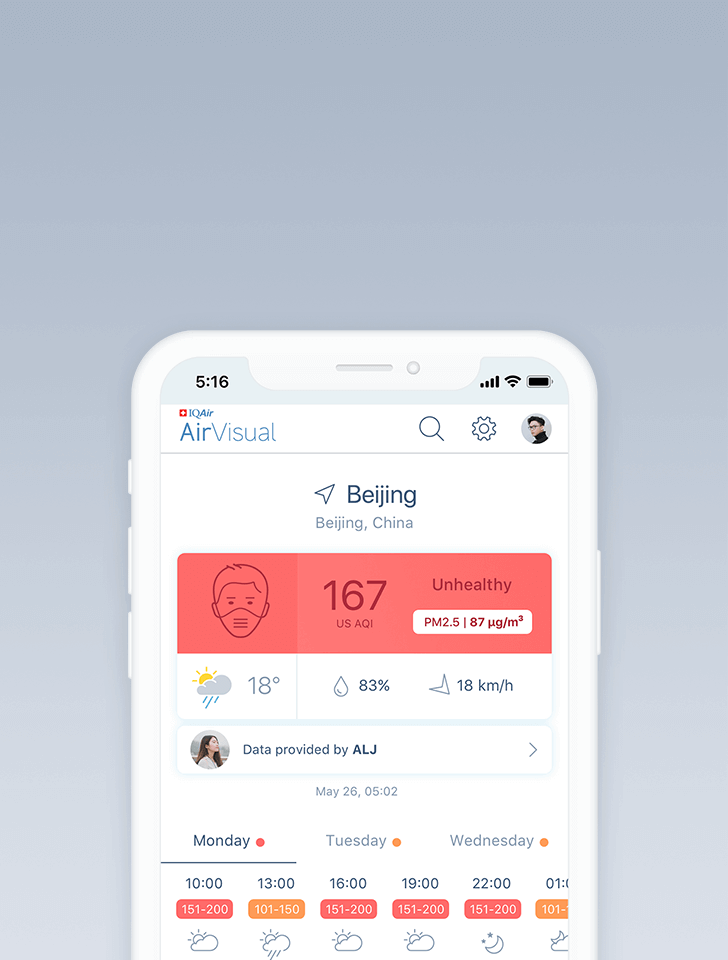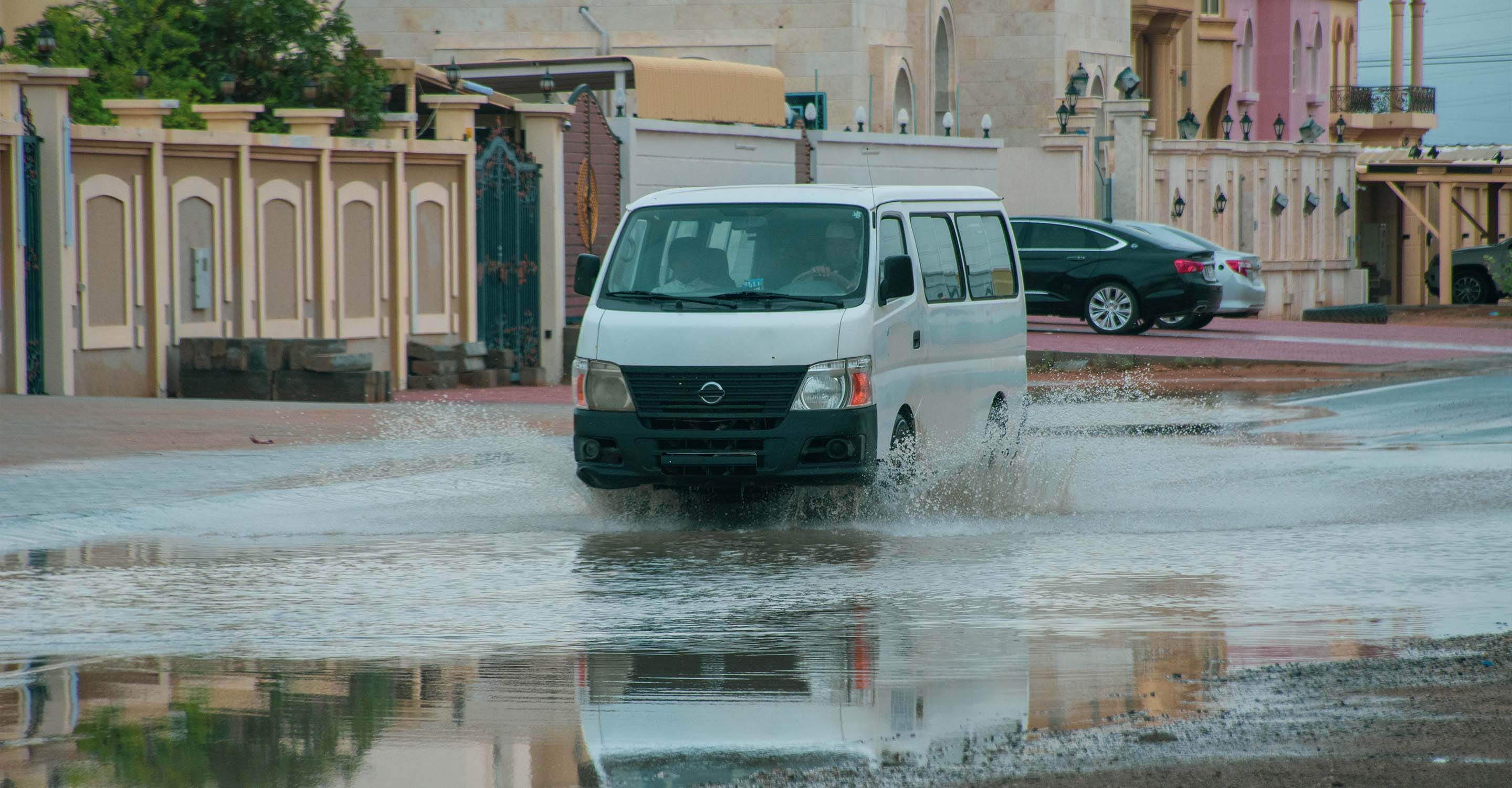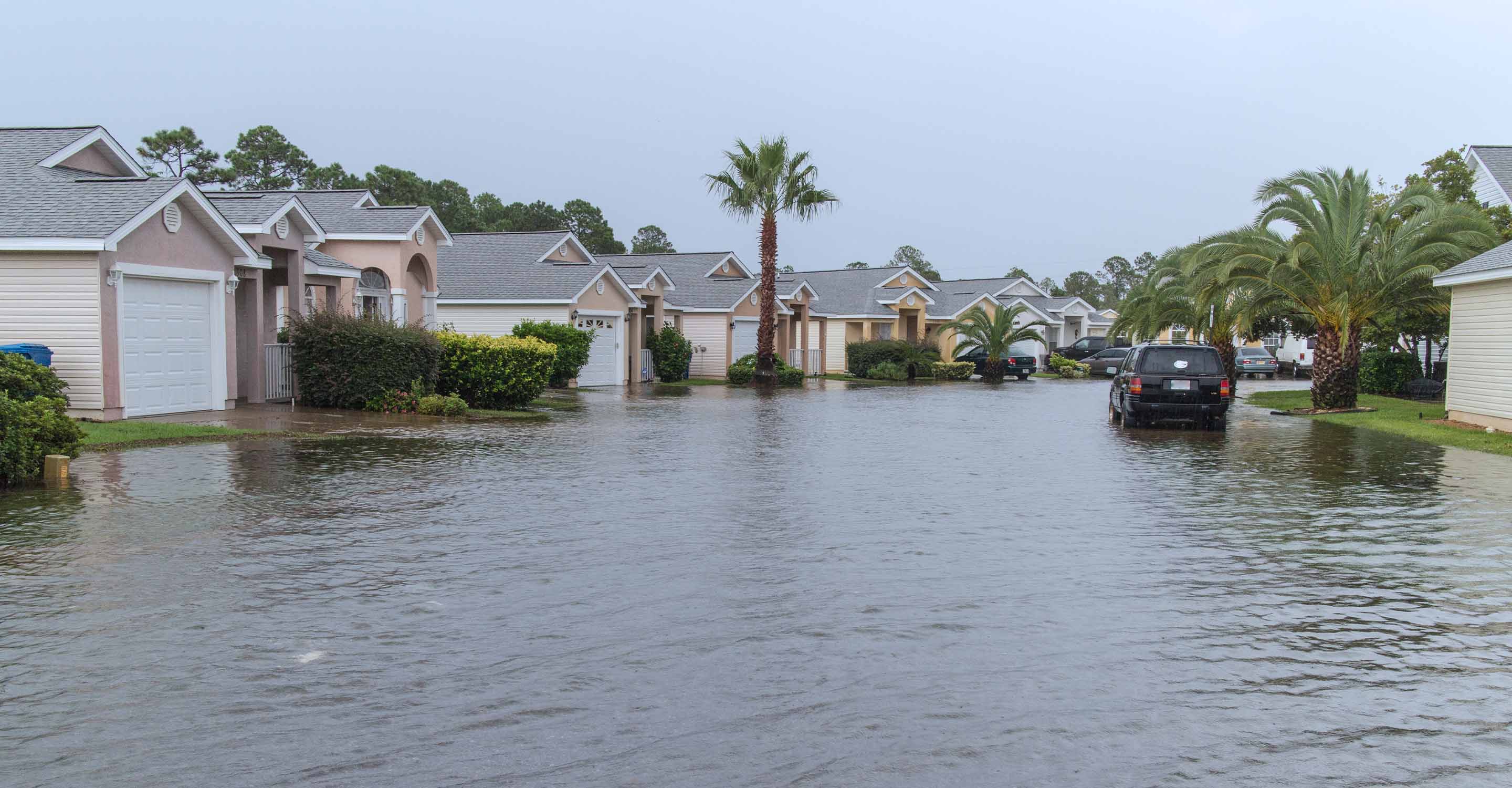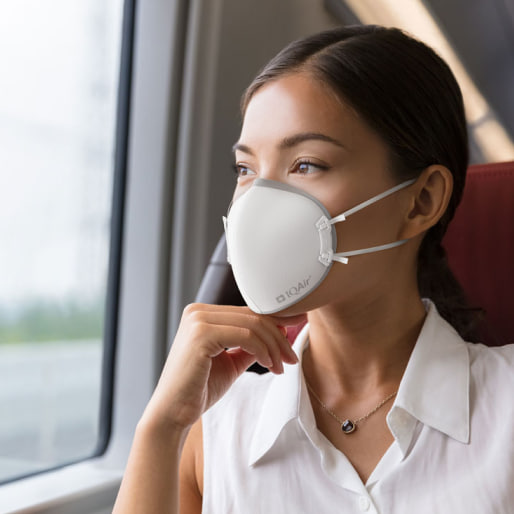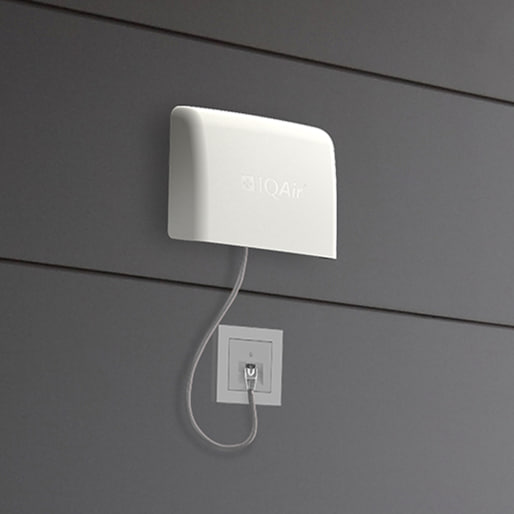Air quality in Huaibei
Air quality index (AQI) and PM2.5 air pollution in Huaibei
4.4K people follow this city
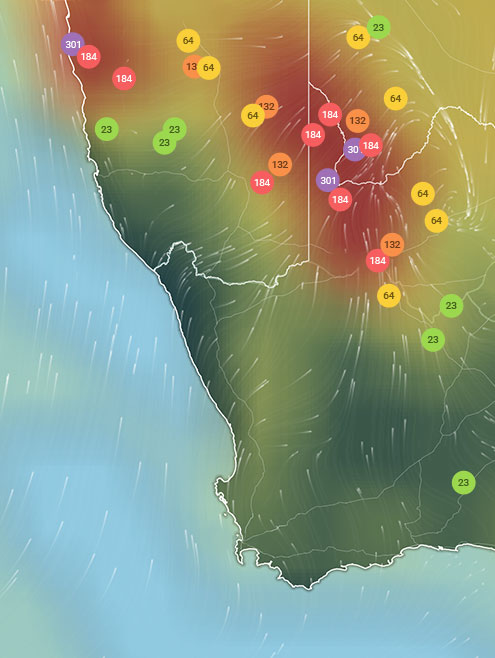
Huaibei Air Quality Map
Real-time Huaibei air pollution map
Weather
What is the current weather in Huaibei?
| Weather | Broken clouds |
| Temperature | 55.4°F |
| Humidity | 96% |
| Wind | 5.9 mp/h |
| Pressure | 29.7 Hg |
live aqi city ranking
Real-time China city ranking
| # | city | US AQI |
|---|---|---|
| 1 | Guyuan, Ningxia | 422 |
| 2 | Siping, Jilin | 327 |
| 3 | Liaoyuan, Jilin | 234 |
| 4 | Changchun, Jilin | 223 |
| 5 | Jilin, Jilin | 222 |
| 6 | Harbin, Heilongjiang | 206 |
| 7 | Anshan, Liaoning | 182 |
| 8 | Mudanjiang, Heilongjiang | 182 |
| 9 | Wuhai, Inner Mongolia | 182 |
| 10 | Liaoyang, Liaoning | 175 |
(local time)
SEE WORLD AQI RANKING3D animated air pollution map
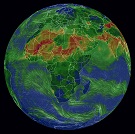
live Huaibei aqi ranking
Real-time Huaibei air quality ranking
| # | station | US AQI |
|---|---|---|
| 1 | Duji District Procuratorate | 122 |
| 2 | Huaibei Museum | 105 |
| 3 | Monitoring station | 93 |
(local time)
SEE WORLD AQI RANKINGUS AQI
105
live AQI index
Unhealthy for sensitive groups
Overview
What is the current air quality in Huaibei?
| Air pollution level | Air quality index | Main pollutant |
|---|---|---|
| Unhealthy for sensitive groups | 105 US AQI | PM2.5 |
| Pollutants | Concentration | |
|---|---|---|
| PM2.5 | 37µg/m³ | |
| PM10 | 65µg/m³ | |
| O3 | 0µg/m³ | |
| NO2 | 17.5µg/m³ | |
| SO2 | 4µg/m³ | |
| CO | 650µg/m³ | |
PM2.5
x7.4
PM2.5 concentration in Huaibei is currently 7.4 times the WHO annual air quality guideline value
Health Recommendations
What is the current air quality in Huaibei?
| Reduce outdoor exercise | |
| Close your windows to avoid dirty outdoor air GET A MONITOR | |
| Sensitive groups should wear a mask outdoors GET A MASK | |
| Run an air purifier GET AN AIR PURIFIER |
Forecast
Huaibei air quality index (AQI) forecast
| Day | Pollution level | Weather | Temperature | Wind |
|---|---|---|---|---|
| Wednesday, Apr 17 | Unhealthy for sensitive groups 111 AQI US | 71.6° 55.4° | ||
| Thursday, Apr 18 | Unhealthy for sensitive groups 125 AQI US | 77° 50° | ||
| Friday, Apr 19 | Unhealthy for sensitive groups 101 AQI US | 68° 53.6° | ||
| Today | Unhealthy for sensitive groups 105 AQI US | 68° 53.6° | ||
| Sunday, Apr 21 | Unhealthy for sensitive groups 112 AQI US | 73.4° 53.6° | ||
| Monday, Apr 22 | Moderate 99 AQI US | 69.8° 53.6° | ||
| Tuesday, Apr 23 | Moderate 85 AQI US | 75.2° 51.8° | ||
| Wednesday, Apr 24 | Moderate 97 AQI US | 73.4° 55.4° | ||
| Thursday, Apr 25 | Moderate 82 AQI US | 77° 51.8° | ||
| Friday, Apr 26 | Unhealthy for sensitive groups 111 AQI US | 80.6° 57.2° |
Interested in hourly forecast? Get the app
AIR QUALITY ANALYSIS AND STATISTICS FOR Huaibei
How polluted is the air in Huaibei now?
Huaibei is a prefecture-level city in the northern Anhui Province, China. A 2010 census estimated the population to be just over 2.1 million inhabitants. As a prefecture-level city, Huaibei administers 4 county-level divisions, including 3 districts and 1 county. These are further subdivided into 43 township-level divisions, including 20 towns, 8 townships and 15 sub-districts.
Huaibei is well-known for being very rich in mineral reserves such as marble, iron, copper, gold, silver, nickel, cobalt, fire clay and limestone. There is also an abundance of coal with estimated reserves of 2.7 million tons, this ranks it as the largest in all of eastern China.
In the first half of 2021, Huaibei was going through a period of “Moderate” quality air with a US AQI reading of 85. This is an internationally recognised classification system that is used to compare different cities but by using the same metrics, and is endorsed by the World Health Organisation (WHO). There are usually six main pollutants that are taken into consideration when judging air quality. These are as follows together with their recorded concentrations: PM2.5 - 22 µg/m³, PM10 - 125 µg/m³, ozone (O3) - 77 µg/m³, nitrogen dioxide (NO2) - 8 µg/m³, sulphur dioxide (SO2) - 4 µg/m³ and carbon monoxide (CO) - 400 µg/m³.
With levels such as these, the advice given is to stay indoors and close doors and windows to prevent the ingress of more dirty air into the rooms. Those people of a sensitive disposition should avoid venturing outside whilst the air is so poor. A consultation of the table at the top of this page will help you plan ahead for when the air is less of a problem.
Is the level of air pollution constant throughout the year in Huaibei?
Air pollution can be very volatile and is affected by many variables. It can change throughout the course of a day depending on the prevailing winds and temperatures.
Looking at the latest figures released by the Swiss company IQAir.com, it can be seen that the best air quality is enjoyed during the warmer summer months of May until the end of September. The level of air was classed as being “Moderate” with readings between 12.1 and 35.4 µg/m³. The spring months of February, March and April suffered from air that was classed as being “Unhealthy for sensitive groups” with figures between 35.5 and 55.4 µg/m³. It was the same in October when the reading there was 47 µg/m³. For the remaining three months of the year for November, December and January the quality worsened which place Huaibei’s air quality in the “Unhealthy” bracket with figures between 55.5 and 150.4 µg/m³. These figures are all quoted in micrograms/microns per cubic metre.
Records of air quality were first kept in 2017 when the figures were 66.2 µg/m³. Since then, there has been a year-on-year improvement in air quality. 2018 saw a figure of 58.2 µg/m³ followed by 55.1 µg/m³ in 2019. In 2020 the figure fell to less than 50 µg/m³ (49.8) but this could be artificially lower because of the restrictions put into place because of the COVID-19 pandemic. Many vehicles were prevented from being used because factories and offices had been instructed to cease operation for the time being. The closure of the factories also meant they were no longer polluting the air, albeit on a temporary basis.
Where does the air pollution come from in Huaibei?
The primary pollutants of the air environment in the city are fine particulate matter PM2.5 and ozone. A lot of the pollution is produced by the brick and tile kilns which are primarily coal-fired. This situation needs to be redressed by conversion to a cleaner operating system, a comprehensive filtration system or closure by culprits who fail to take on-board the new measures.
What steps are being taken in Huaibei to lessen air pollution?
The Huaibei Municipal Ecological Environment Bureau is focusing on key air pollution prevention and control projects, mainly industrial emissions, coal burning, dust and fumes from motor vehicles.
From 1stJanuary to 17th August 2020, the city’s average PM2.5 concentration was 47.5 micrograms per cubic meter, down 11.5 per cent from the same period in 2019; the percentage of days with good air was 69.1 per cent, an increase of 9.3 percentage points from the same period last year. This would be part of the restrictions put into place due to the COVID-19 pandemic.
The city's 69 new building materials companies have been upgraded to meet the standards and online monitoring equipment installation; the comprehensive implementation of organised and unorganised emission control of volatile organic compounds.
Ongoing renovation of boilers and the implementation of special emission limits for boiler particulate matter, sulphur dioxide and nitrogen oxides, and realise boiler elimination or renovation tasks by region and category.
Modern technology will be brought on-board utilising big data, cloud computing and the Internet of Things. The problem with heavy-duty diesel-powered trucks needs to be tackled through the strengthening of supervision and testing. It has strengthened the control of sprinkling water over the surrounding roads, so that there is no dust inside or outside the plant, and the national recommended process has been adopted for dust removal.
What impact on human health does polluted air have?
An adult breathes about 20,000 times a day and inhales 15-20 cubic meters of air. Therefore, polluted air has a direct impact on human health. The harm of air pollutants to the human body is multifaceted. The main manifestations are respiratory diseases and physiological dysfunction, as well as mucosal tissues such as eyes and nose that are irritated and get sick.
Fine suspended particulates (PM2.5): It has been classified as a first-class carcinogen by the World Health Organisation. It is easy to adhere to mercury, lead, sulphuric acid, benzene, dioxin and other carcinogens to penetrate into the trachea and bronchus, penetrate the air bubbles in the lungs, and enter directly the blood vessels circulate throughout the body and reach the various organs of the human body.
Ozone (O3): It has strong oxidising power and is irritating to the respiratory system. It can cause coughing, asthma, headache, fatigue and lung damage, especially for children, the elderly, the sick or outdoor sportsmen. At the same time, it has an adverse effect on plants, including crops, and can cause harm to man-made materials, such as rubber (tyres, etc.) and paint.

